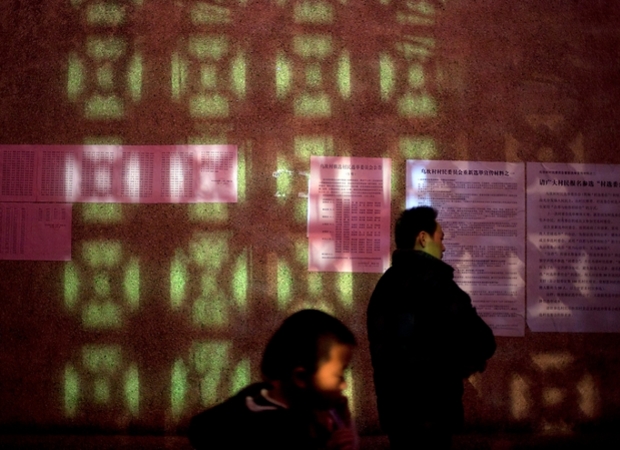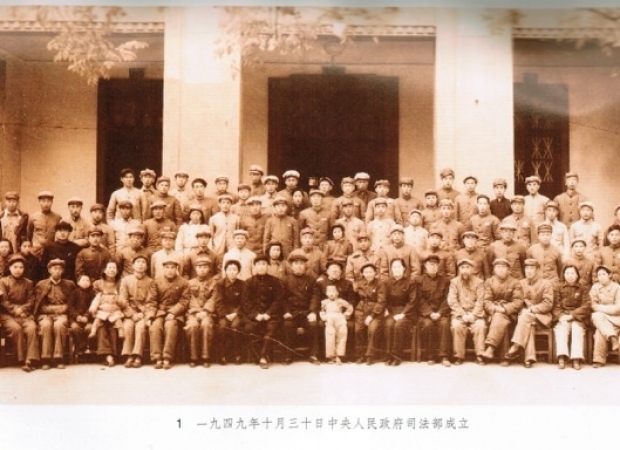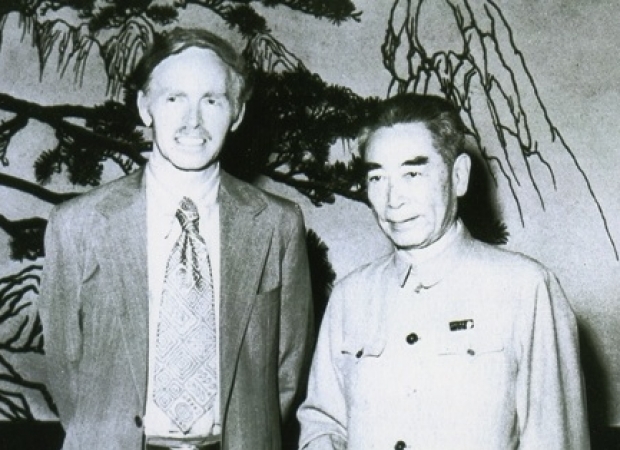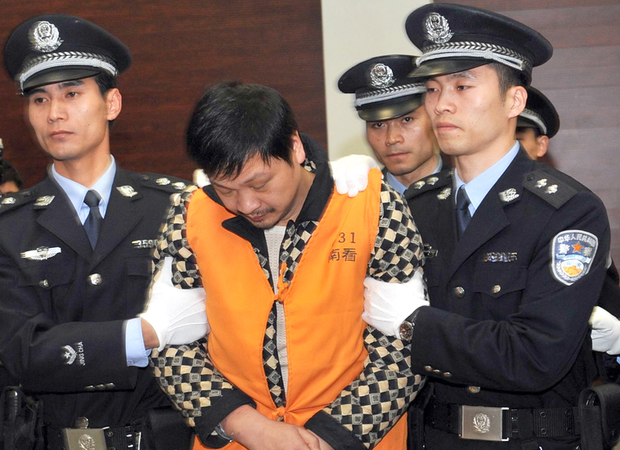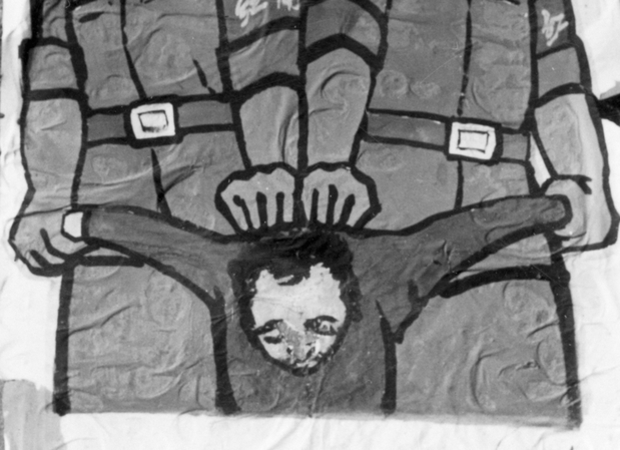New Standards for Chinese Paper Cups
Most paper cups available on the Chinese market would not meet the new national standard, which comes into effect on June 1, according to industry insiders. The country's first regulation on disposable cups will focus on raw materials, additives...




